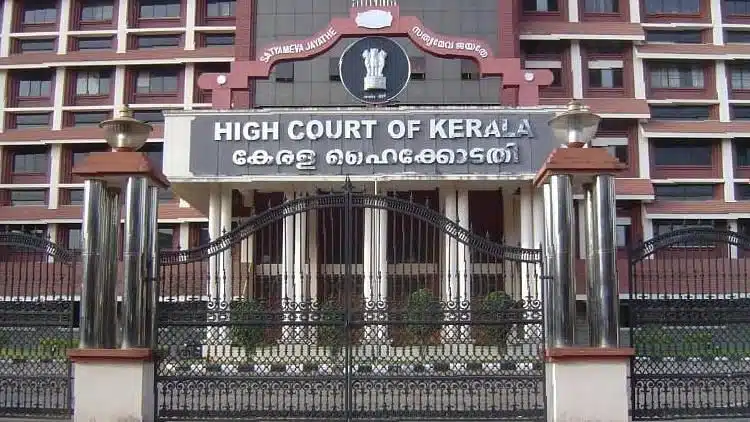
On appeal from a young Christian spouse who claimed that Article 10A of a Divorce Act, 1869’s one-year minimum separation requirement violated their basic rights, the High Court issued this ruling.
The Divorce Act’s requirement that parties be separated for a year or longer before filing for divorce by mutual consent has been ruled illegal by the High Court of Kerala because it violates fundamental rights. In order to promote social welfare and the interests of partners in matrimonial disputes, a segment bench of the high court, made up of Judicial A Mohamed Mustaque as well as Justice Shoba Annamma Eapen, made the observation that the Government must seriously consider enacting a uniform marital code in India.
The high court stated that in a secular nation, the legally paternalistic perspective should focus on the common benefit of the citizens instead of based on religion after noting that the law divides parties based on faith in regard to welfare in a married partnership.
On appeal from a young Christian spouse who claimed that Article 10A of something like the Divorce Act, 1869’s one-year minimum separation requirement violated their basic rights, the High Court issued this ruling.

Lone Himachal woman MLA says: ‘There will be support… Not afraid of anything’
Regarding the issue of whether couples have the power to terminate their union amicably before the one-year marriage period expires, the court concluded that the minimum one-year separation period set forth in Section 10A violates the basic right and “hence, strike it down.”
It was authorised to declare in W.P.(C).No.28317/2022 that the mutual consent divorce petition filing requirement of a one-year waiting period under Section 10A violates fundamental rights and is therefore unconstitutional. The high court further ordered the domestic court to issue a divorce judgement without further party presence requirements after ruling on the couple’s petition for divorce within two weeks.
The ability of the government to pass rules governing divorce, it was noted, cannot be questioned because of its stated goal to promote the welfare and general welfare of the populace. “The reasons for separation on a fault foundation have been controlled, but in practice, they have caused difficulties rather than advancing welfare. The parties must consider how welfare aims may affect them “The judge stated.
The court system has evolved into a new battleground in our day and age, adding to the suffering of those seeking a divorce. This is clear because the major legislation passed before the Divorce Courts Act was designed to adjudicate on conflicting interests instead of to further the general interest or good. The high court declared that “the moment has come for a reform in the legislation in relation to the litigants on an universal uniform platform.”
READ MORE: AAP accuses BJP of attempting to buy 10 Delhi Councillors ahead of MCD elections












